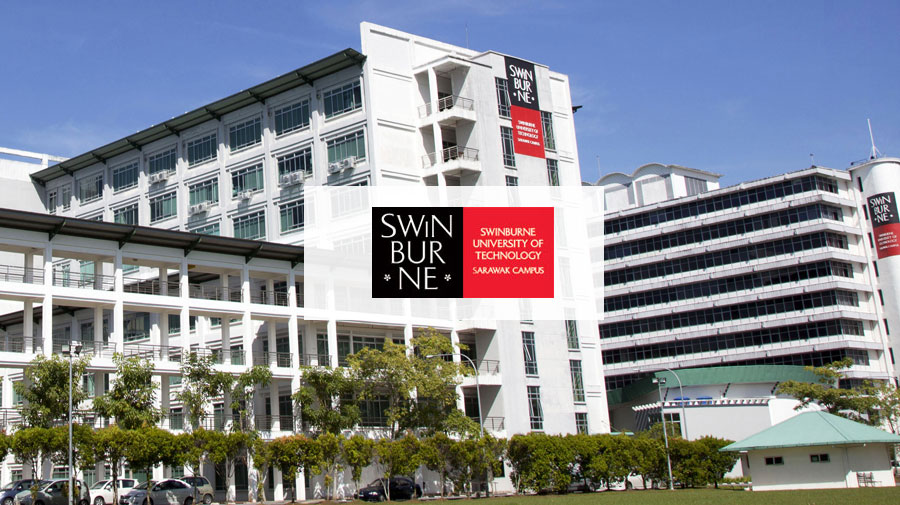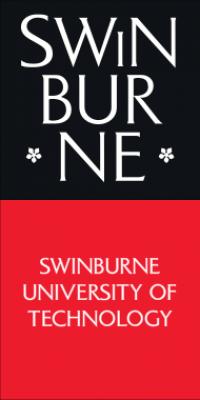Bachelor of Laws / Bachelor of Media and Communication
The Bachelor of Laws / Bachelor of Media and Communication combines studies in commercial law, emphasising intellectual property law, with the knowledge to specialise in the media, communications and multimedia industries.
Learn about trade marks, patents and designs, copyright, the prohibition of misleading or deceptive conduct and competition law. Gain the skills to protect the rights of those who innovate or create.
Gain knowledge about how the media is evolving through an examination of issues such as ownership, control of the media and the impact of new media technologies on society. Develop professional communication skills.
Complete law-related professional experience placements at organisations in Australia or overseas. Become familiar with the practical aspects of legal practice through moot court scenarios and advocacy exercises.
Course structure
Successful completion of the Bachelor of Laws / Bachelor of Media and Communication requires students to complete units of study to the value of 500 credit points. All units of study are valued at 12.5 credit points unless otherwise stated.
- Advertising
- Cinema and Screen Studies
- Creative Writing and Literature
- Digital Advertising Technology
- Games and Interactivity
- Journalism
- Media Industries
- Professional Writing and Editing
- Public Relations
- Social Media
- Professional Experience in Law
- Professional Experience in Law
- Professional Experience in Law
Course learning outcomes
Upon successful completion of the Bachelor of Laws, graduates should be able to:
- describe and demonstrate the application of the fundamental areas of Australian law and the Australian legal system and of the principles and doctrines that underpin them
- describe and demonstrate the application of ethical and professional responsibility in the practice of the law and a commitment to the pursuit of justice
- analyse and evaluate the interdisciplinary contexts in which legal issues arise and the disciplines and policy considerations that influence the content and operation of the law
- describe and compare the international legal order and the law and legal systems of Australia’s major trading partners
- critically evaluate events or factual situations, identify the legal issues to which they give rise and develop and articulate appropriate and creative responses
- undertake and critically evaluate research from a variety of sources to make judgements to solve complex legal problems with intellectual independence
- demonstrate effective and persuasive communication capabilities with legal and non-legal audiences
- communicate proficiently in professional practice to a variety of audiences, function as an effective member or leader of a diverse team and critically reflect on individual performance and professional development.
Upon successful completion of the Bachelor of Media and Communication, graduates will be able to:
- demonstrate knowledge, conceptual understanding, technical skills and expertise in the broad field of media and communication
- formulate arguments that draw on and critique the differences between relevant theories and evidence as they pertain to the field of media and communication
- exercise initiative and judgement in planning, problem-solving and decision-making in professional practice and/or scholarship, individually and in collaboration with others
- demonstrate critical analysis, creativity and problem-solving in relation to a range of media and communication activities and processes
- recognise and reflect on social, cultural, legal and ethical issues relating to media and communication industries in local and international contexts
- apply a broad understanding of an audience through interpreting and communicating ideas, problems and arguments in a range of media and communication contexts and formats, using the English language
- reflect critically on their performance and/or scholarship and use this to improve their own creative and productive outcomes
- apply research methodology relevant to the field of media and communication.
Campus Information
Hawthron
Main Campus - All programs run here
Intakes
- Feb
- July
Application Processing Time in Days: 10
Application Process
Minimum English Language Requirements
| English Level Description | IELTS (1.0 -9.0) | TOEFL IBT (0-120) | TOEFL CBT (0-300) | PTE (10-90) | |
|---|---|---|---|---|---|
| Expert | 9 | 120 | 297-300 | 86-90 | |
| Very Good | 8.5 | 115-119 | 280-293 | 83-86 | |
| Very Good | 8 | 110-114 | 270-280 | 79-83 | |
| Good | 7.5 | 102-109 | 253-267 | 73-79 | |
| Good | 7 | 94-101 | 240-253 | 65-73 | |
| Competent | 6.5 | 79-93 | 213-233 | 58-65 | |
| Competent | 6 | 60-78 | 170-210 | 50-58 | |
| Modest | 5.5 | 46-59 | 133-210 | 43-50 | |
| Modest | 5 | 35-45 | 107-133 | 36-43 | |
| Limited | 4 | 32-34 | 97-103 | 30-36 | |
| Extremely Limited | < 4 | < 31 | < 93 | < 30 |
Job Opportunity Potential
-
Working at Swinburne comes with a wide range of benefits that are continually reviewed and refined. These include flexible working arrangements, staff discounts and career development opportunities
Join a vibrant community of academics, teachers, professionals and students, where your work can directly impact society.
Swinburne delivers excellence in teaching and research in science, technology, business, law, design and innovation. As a multi-sector provider, there are opportunities to apply for jobs in higher education, vocational education and pathways. There are also opportunities marketing and communications, customer service, information technology, finance, human resources and administration.
Our mission is to create economic and social impact through science, technology and innovation. In doing so, we want to attract those with similar values who can help us make a difference.
As an employer we promote diversity, support career development, provide flexibility and offer competitive salary packages.
PSW Opportunity
- After completion of Bachelor's degree student is eligible for 2 years PSW.
Admission Requirement / Eligibility Criteria
- Completion of Australian Year 12 or equivalent.
- You need a minimum of 65% in Year XII (only the main subjects plus English will be considered).
- Punjab and Haryana State Board Students need a minimum of 85% in class 12 to qualify in any course.
- Course Code: 092705E
- Course Type: Full Time
- Course Level: Bachelors/UG Degree
- Duration: 05 Year
-
Total Tuition Fee:
206200 AUD
Annual Cost of Living: 24505 AUD
Application Fee: N/A
Similar Programs
- Bachelor of Laws/ Bachelor of Psychological Sciences at Swinburne University of Technology (SUT)
- Bachelor of Laws/ Bachelor of Business Analytics and Analysis at Swinburne University of Technology (SUT)
- Bachelor of Criminal Justice and Criminology/ Bachelor of Cyber Security at Swinburne University of Technology (SUT)
- Bachelor of Laws/ Bachelor of Cyber Security at Swinburne University of Technology (SUT)
- Bachelor of Arts (Professional) Majoring in Politics, Power and Technology at Swinburne University of Technology (SUT)
- Bachelor of Arts Majoring in Politics, Power and Technology at Swinburne University of Technology (SUT)

